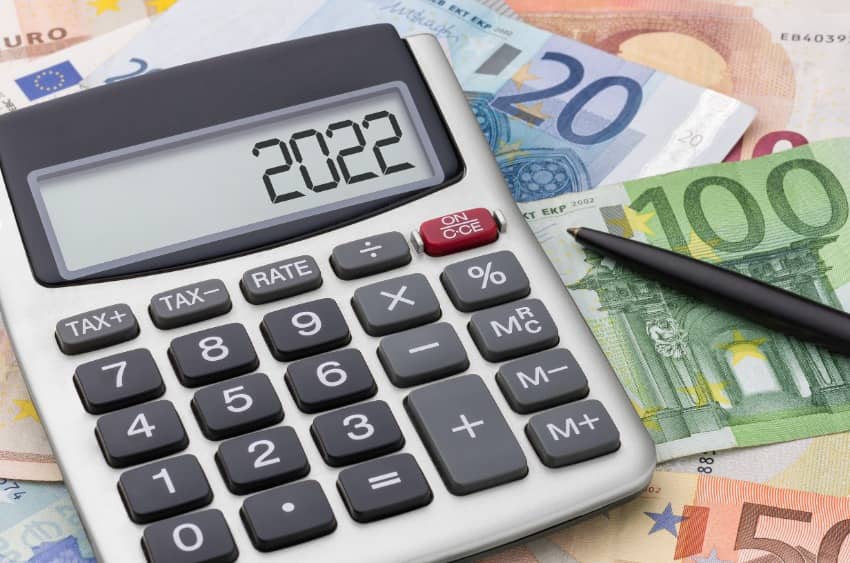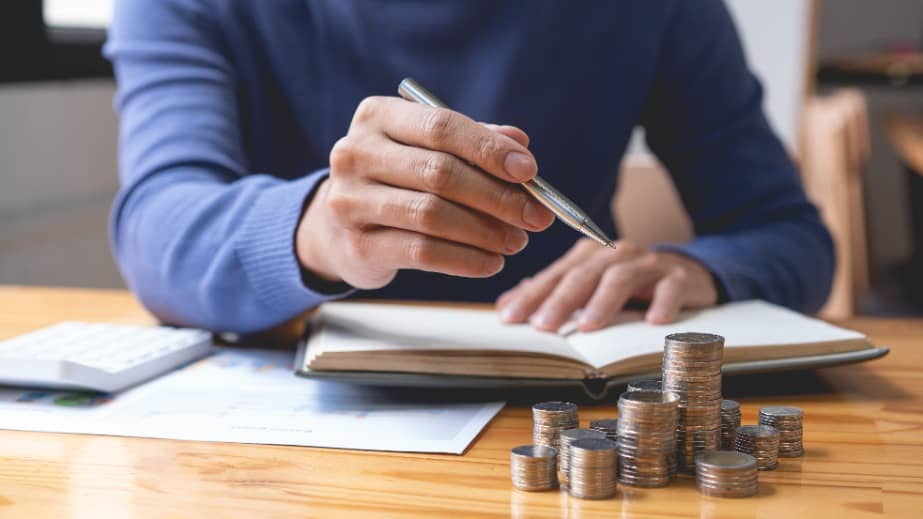Managing your finances properly and optimising your economic resources and savings as much as possible is essential, especially in the current scenario of instability and economic recession.
However, there are small daily gestures and habits that will help you save money and manage your personal finances in the most appropriate way.
Contenidos
How Can I Improve My Finances Without Having a Hard Time?
Despite putting these tips into practice, it may happen that there are some unforeseen expenses that you are unable to deal with. In these cases, however, you can apply for a personal loan on an ad hoc basis to be able to meet the emergency in question.
If you want to know how to improve your personal finances and get the most out of your money, stay with us and take note of these practical tips.

6 Habits to Improve your Personal Finances
Having good financial habits is essential to avoid waste and improve your personal finances. By following a series of practical tips and putting into practice some daily gestures it is possible to save money and achieve your financial goals more quickly, as well as improving the control you have over your money. Check out the following tips:
-
Set up automatic savings
Most people put off saving because they spend the money left over at the end of the month on something else, or because they decide not to use any savings method due to laziness or lack of time. However, banks and financial institutions now allow their customers to automatically set up savings goals.
By automatically setting up your savings, you can make your money grow. To do this, all you have to do is access your bank’s platform and set up your savings.
2. Organise and record information about your finances
One of the most useful tips to put into practice and, thus, improve your personal finances is to keep a proper organisation and record of all the important information related to your money. It is best to organise this information and record it in an Excel spreadsheet, a mobile application or even a notebook.
In this way, you will be able to get an idea of the scenario in which you are moving and you will have a better idea of what changes can be made to optimise your future income.
3. Make a smart budget to control your finances
Smart budgeting is essential for healthy and sound finances. However, despite the importance of this practice, few people do it. In any case, it is not enough to make a budget, but you must also stick to it.
With a smart budget, it will be easier to manage expenses. To do this, it is best to take into account fixed costs (rent, internet, utilities, etc.) and variable costs (leisure, clothes, food, etc.). It is in the variable expenses where there is the greatest potential for savings.
4. Reduce your expenses
With a good financial record it will be easy to see where money can be saved and which expenses are unnecessary and can be cut or even eliminated.
Special attention should be paid to ant-like expenses, i.e. those small expenses that we do not usually notice and in which money is spent almost without realising it, such as the mid-morning coffee at the bar downstairs.
In short, you will have to cut out all the ancillary expenses and those that are not really necessary. It is also a good idea to do without the maximum number of whims and prioritise other more important expenses.
5. Have a savings account
The best way to save money and improve your personal finances is to have a savings account. These products allow you to better control your spending and, in addition, get a certain return on your savings. Thanks to these accounts marketed by banks and financial institutions, you can create a cushion of money to be able to deal with unforeseen events and emergencies.
6. Don’t get into debt as much as possible.
Sometimes it is unavoidable to get into debt. However, it is best to avoid getting into debt as much as possible. In any case, whenever you apply for a loan or credit , it is essential to be sure that the money can be repaid.
Moreover, by reducing your expenses, it will be easier to pay off your debts as soon as possible, as you can allocate more money to repay what you owe the bank.
Saving money, optimising your income and improving your personal finances is possible, as long as you keep in mind a few tips to put into practice. By implementing these tips in your day-to-day life, you will be able to manage your personal finances better and keep your accounts healthy.

